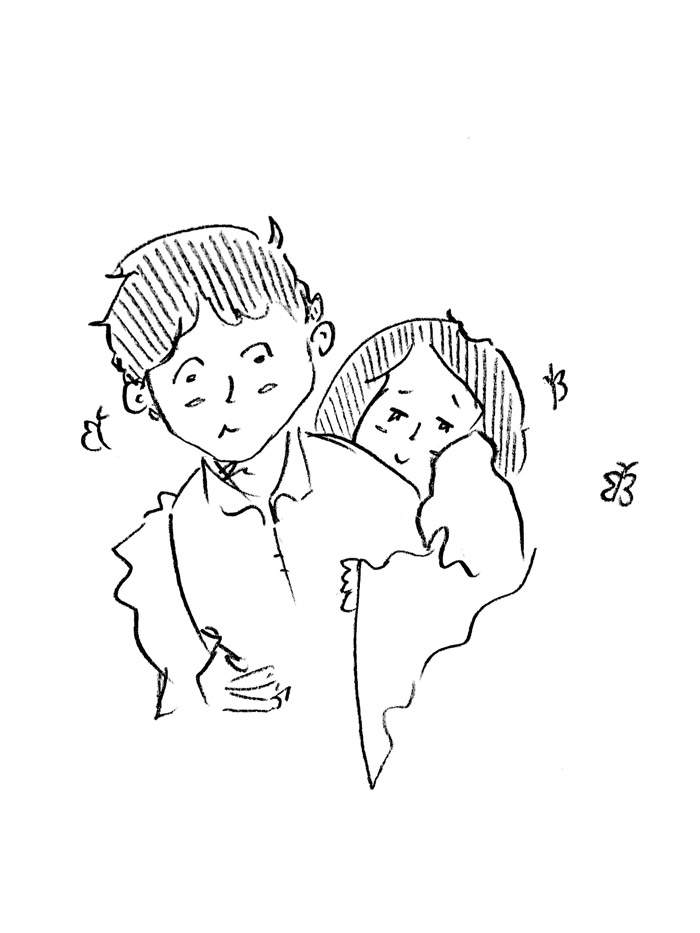Vent over Tea, a free active listening service at McGill, hosted a Suicide Crisis Intervention workshop at the Aldred Building on Nov. 12. Fourth-year Neuroscience PhD candidate Daniel Almeida led the workshop. He reviewed how to intervene in cases of suicidal ideation as a peer supporter, and identified risk factors and warning signs to look out for in friends. After the workshop, The McGill Tribune spoke with Almeida on what thoughtful suicide intervention looks like to get a grasp on how students can better support one another.
The McGill Tribune (MT): The idea of talking about suicide can be daunting for some students. How can the average student know if they’d be good at supporting friends and peers coping with suicidal thoughts?
Daniel Almeida (DA): Before becoming a peer supporter, there is a lot to do with understanding your limits [and] what you’re comfortable dealing with. For some people, talking about suicide and helping individuals who are suicidal is outside of their comfort zone [….] I think it’s always important to know what your own barriers are [….] Anybody who is willing to […] help can become a peer supporter […] There’s also [training available] to help others.
MT: What mindset should students have if they are intervening in a situation where a friend or peer is at high risk of dying by suicide?
DA: I think peer supporters are often scared that if they ask if someone is suicidal and they are not suicidal, it will make them suicidal. That’s objectively not true. What peer supporters should know about suicide is that this person is coming to you for help and if you’re willing and able to help them, you will only lead to a positive outcome.
MT: What warning signs of suicidal ideations or attempts should people look for in their friends?
DA: One of the most common risk factors for suicide is a past attempt [….] That is very important to look for, [asking] ‘has this person attempted suicide before?’ Also, [ask] ‘do they have a current plan [for suicide]?’ If they have a plan, it leads to a higher risk in the individual [….] There’s also the issue of [negative] resources […] such as materials to enact their plan, or it can be the absence of positive resources, such as social connectedness. When a person is hopeless and has psychological pain, that leads to ideation of suicide. When the hopelessness outweighs connectedness, it [worsens] ideation [….] Thoughts can become action, when an individual has the capabilities to die by suicide.
MT: Talking about suicide and suicidal ideations is still heavily stigmatized in Western society. How can we, as a culture, change this?
DA: Suicide has often been referred to as the quiet epidemic […] because of the taboo we have on suicide in Western culture, […] especially [concerning] male suicide. We know that men […] die [from suicide] around 3.5 times more than women because of the masculinity norm around seeking help for mental illness. There is a lack of targeted mental health advocacy for male suicide. It’s a problem for both sexes […] but we’re not dealing with it well in men.
Another thing is [addressing the problem] in marginalized communities. The LGBTQ+ community has a high rate of suicide. [Trans] individuals during their transition […] have high rates of suicide. Aboriginal individuals [also] have high rates of suicide. So, designing community awareness programs that target at-risk population is definitely something we need to start with […] erasing the stigma.
If you or someone you know may be at risk of suicide, there are resources for help, such as the bilingual Suicide Action Montreal at 1-866-APPELLE. The McGill Nightline is another option in less urgent cases, and can be reached at 514-398-6246. If you feel that you are in immediate danger, make sure to call 9-1-1 or, if you’re on campus, Campus Security at 514-398-3000. For more information on suicide prevention, there is the Canadian Association of Suicide Prevention, which can be reached at suicideprevention.ca.









MT: Suicide is still heavily stigmatized in Western society. How can we, as a culture, change this?
What do you precisely mean?